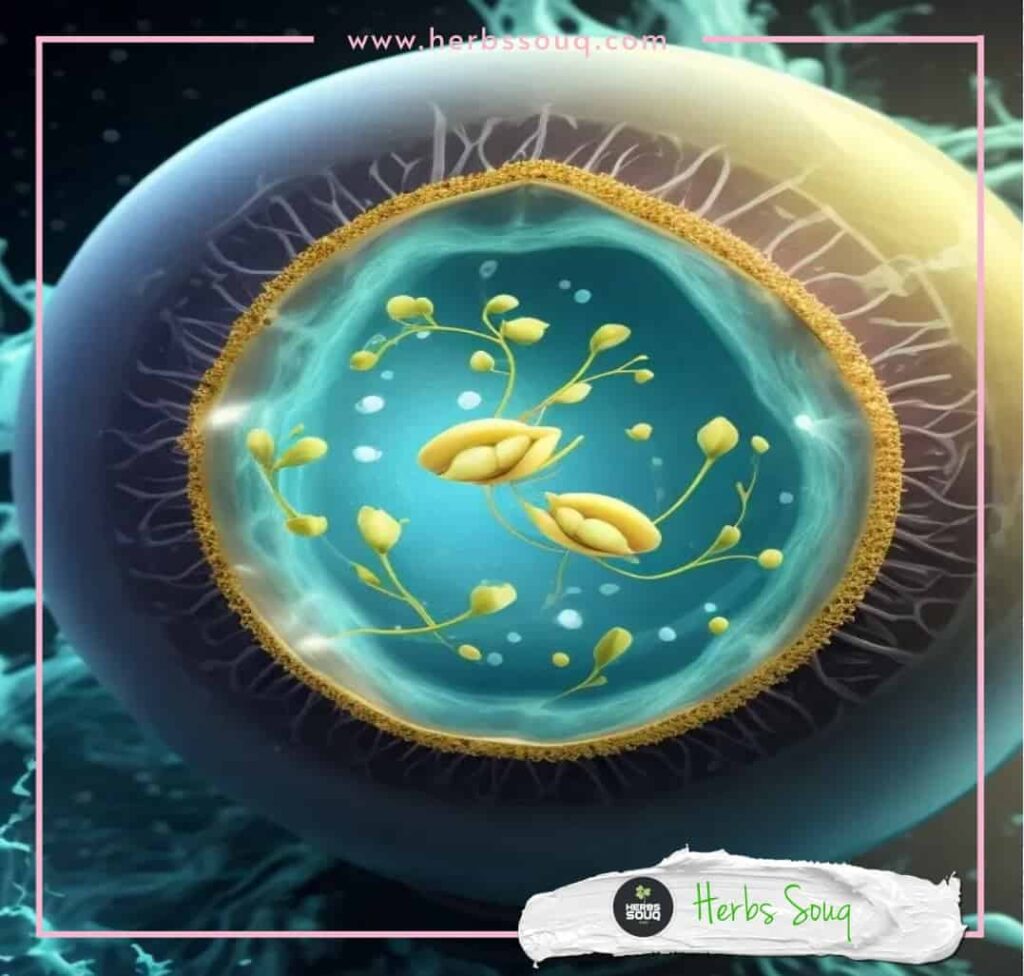A worldwide issue that impacts millions of couples is infertility. To increase their chances of getting pregnant, many people use traditional herbal medicines in addition to the various mainstream medical procedures that are available. Traditional African herbal remedies have long supported healthy reproduction and conception.
We’ll talk about some of the most popular African herbs for fertility in this post, along with their safe and efficient usage and any possible negative effects. It is significant to remember that additional studies are required to verify the safety and effectiveness of many of these plants. Nonetheless, traditional African healers have been using them for decades to aid in the conception and successful delivery of healthy children.
African Traditional Herbs for Fertility:
- Maca Root: Peruvians have used the Peruvian plant maca root to enhance sexual function and fertility for generations. It is a good source of plant-derived estrogen, which helps balance hormones and promote better ovulation. People consume Maca root as a liquid extract, powder, or as capsules. Webmed
- Bitter Melon: Native to Asia and Africa, bitter melon is a fruit. It has been used for ages to treat a wide range of illnesses, including infertility, in traditional medicine. Compounds found in bitter melon may aid in hormone regulation and enhance ovulation. It can be juiced, boiled, or eaten raw. Healthline
- Ashwagandha: Used for millennia in traditional Indian medicine, ashwagandha is an adaptogenic plant. Research has demonstrated that it can lower stress levels, enhance the quality of sleep, and increase fertility in both men and women. You can consume ashwagandha as a liquid extract, powder, or in the form of capsules. Forbes
- Shatavari: For centuries, traditional Indian medicine has utilized shatavari, a female tonic herb, to enhance fertility and reproductive health. Demonstrations shows enhancement in ovulation, controlling of hormones, and boost cervical mucus production. Shatavari is available as a liquid extract, powder, or capsule form. Pubmed / Bettergreenhealth
- Neem: Neem trees are indigenous to Southeast Asia and India. For centuries, traditional medicine has employed all parts of the neem tree to treat a wide range of illnesses, including infertility. Compounds found in neem may aid in hormone regulation, enhance ovulation, and boost sperm count. Neem is available as a liquid extract, capsules, or powder. Britannica
How to Use African Traditional Herbs for Fertility:
It’s crucial to remember that there isn’t a single, universal method for utilizing traditional African herbs to promote fertility. Consultation with an experienced herbalist or conventional healer is the best way to use these herbs. They can assist you in deciding which herbs are best for you as well as how to use them in a secure and efficient manner.
African traditional herbs used for fertility are usually taken as liquid extracts, capsules, or powder. The dosage will change based on the particular herb and the user. It’s crucial to begin with a small dose and increase it gradually as necessary.
It’s also crucial to remember that some traditional African herbs may have negative effects or interact with other medications. Before using any African traditional herbs, it is important to consult your doctor, particularly if you have any underlying medical conditions or are currently taking any medications.
Potential Side Effects:
Although using traditional African herbs for fertility is generally safe, there are some possible negative effects. The most typical adverse effects include upset stomach, vomiting, diarrhoea, and nausea. Rarely, certain herbs may result in more severe adverse effects like allergic reactions or liver damage.
Doctors recommend starting with a low dose at first, and increased dosage gradually as necessary. Always, before taking any African traditional herbs, it’s also crucial to consult your doctor, particularly if you have any underlying medical conditions or are currently taking any other medications.
Conclusion:
African traditional fertility herbs have enhanced reproductive health and increased the likelihood of conception for centuries. African traditional healers have a long history of using herbs safely and effectively to treat a variety of conditions, including fertility problems. However, more research is needed to scientifically validate the effectiveness and safety of many of these herbs.
It is important to speak with a licensed herbalist or traditional healer if you are thinking about using African traditional herbs for fertility. They can assist you in deciding which herbs are best for you as well as how to use them in a secure and efficient manner.





